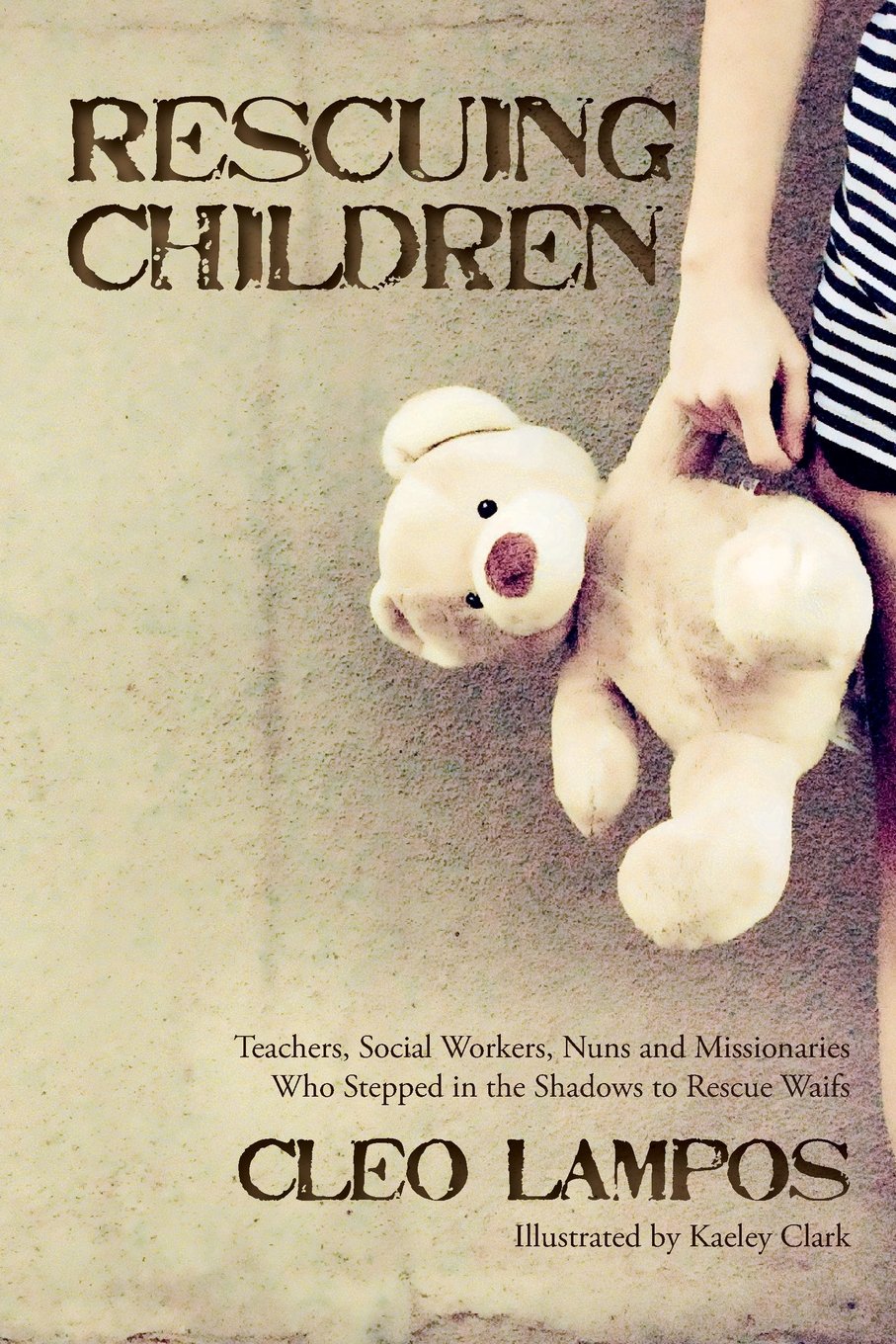If you would look up the word “caretaker” in the dictionary, one of the definitions would read: “one who gives physical or emotional care and support.” Synonyms include: custodian, guardian, janitor, keeper, warden, and watchman.
The definition seems to be short and to the point. The synonyms may, at times, provide a more accurate and thought-provoking description.
A caretaker does give physical care and support. It’s a job that requires stamina, organization, promptness, and attention to detail, if one means to do the work well. For many caretakers, the length of that role is unknown. It can be short-term, long-term, or in some cases, a lifetime. It can be extremely exhausting and emotionially draining, particularly for those who are intimately connected to the person receiving the care. Being the caretaker on a 24/7 basis exacts a measure of freedom, versatility and independence because in many cases, the needs of the loved one are so great. The rewards are there, no doubt; however, the constant and sometimes round-the-clock care can wear down the caretaker, resulting in sheer exhaustion which often leads to despair and resentment. This would seem to be particularly true if the job of caretaker was not a chosen profession, rather a role that was placed upon a family member due to illness or accident.
Many caretakers might be viewed as a kind of hero or saint for the endless, and seemingly effortless work they do. “I don’t know you do it!”, they exclaim. “I could never, ever do what you do!”, is another common statement. And I think every single caretaker would echo the same reply: Yes, you could be a caretaker because you would have to….it’s your loved one….how could you not? For those of us who love the Lord, who know that our every moment has been planned and purposed by our Heavenly Father, we place our faith and trust in the One who can provide the strength, the insight and the perseverance to carry out the tasks needed in order to take care of our loved ones. Does that make the job easy? Do we always find joy in carrying out the work? Are there times when you hide yourself in a corner and silently weep, longing for relief, for a taste of life as it used to be? Are there times when you cry out “Why?” or “How long?” If you’re human, you’d have to.
And yet I believe that would be the one thing no caretaker would ever want either the loved one or other family members to witness. To show those moments of sadness and frusteration could be taken to mean that the caretaker hates the role he/she has been placed in and resents the patient for having made them take on such a task. I think most caretakers keep their feellings very close to the vest, sharing such intimate thoughts with only a very few trusted friends. Most caretakers don’t want to be seen as wanting pity or sympathy, but they do long for a measure of compassion and understanding.
So, what can one do for the caretaker?
1. Pray, pray, and pray some more. Ask God to grant them strength for the day, for patience, for joy in the work, and, most importantly, a real sense of God’s presence as they perform their duties.
2. Give encouragement. Not the “pat on the back” or “good job” kind of encouragement. Give words of encouragement that are truly sincere. Be specific, if you can. Most caretakers will have a difficult time accepting those kinds of compliments…that’s not why the work is being done. But it does go a long way in lifting the spirits and helping them to continue on.
3. If you are being led by the Spirit to do something, do it! Make that phone call to say hello and talk for a bit. Send a card with a couple of sentences included. Drop off a meal, no matter how wimple or uninspiring you think your cooking skills may be. Or let them know that on a certain night, you’ve made arrangements to have pizza or Chinese or sandwiches delivered. The caretaker then has a free night from making a meal. Offer to make a run to the store or take the patient to an appointment. Take their car through the car wash, mow the lawn, plant a pot of flowers. so many of the everyday chores that used to be done on a regular basis are not usually on the top of the priority list…other more pressing things have surfaced to the top and now take up time and energy.
4. If you have made a commitment to the caretaker/family…keep it! The gift of committed help is so very precious to the caretaker. Knowing that whatever task/job/offer has been committed to being completed by a volunteer is one of the greatest gifts you can give to the caretaker and their family. By doing so, you hold a very special place in their hearts. Your commitment is a gift of great worth.
Heroes? I don’t think so. Just ordinary people called to do a sometimes extraordinary task.
Dan and Barb Vree are caretakers of their daughter, Katie, who is wheelchaired confined at this time in her teenaged life. Dan works long hours with his job in waste management, and Barb taught school before her caretaking responsibilities started nearly two years ago. The faith of the Vree family inspires all who know them as they lean heavily on the Lord for daily strength. To us, they are heroes.





.jpg)







